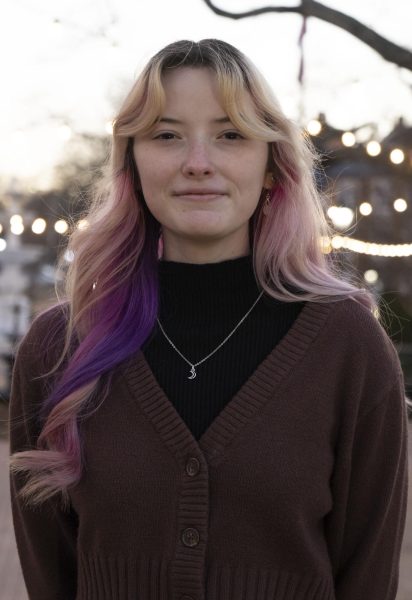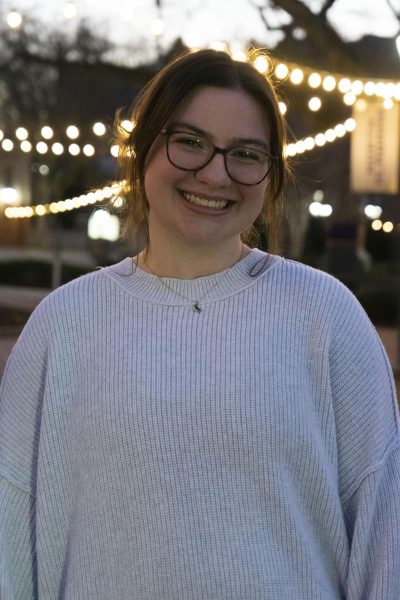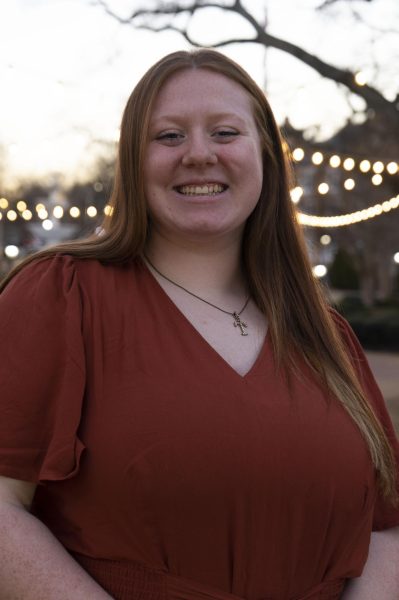Protecting journalists is a must in our society
February 24, 2011
When you make the decision to become a journalist, whether on a local scale or as a foreign correspondent for a large media network or publication, you take a huge risk in reporting the news, dealing with the public and putting yourself in the crossfire for the people back home.
Recently, well-known American journalists like CNN’s Anderson Cooper, CBS’s Lara Logan, ABC’s Christiane Amanpour, CBS’s Katie Couric and Fox News correspondent Greg Palkot were attacked in some way while reporting in Egypt. Countless other newspaper reporters, photographers, anchors and other media personnel were also assaulted.
Each day, it seems as though journalists from all over the world are being harassed, beaten or sexually assaulted while doing their jobs. From Tunisia to Yemen to Libya, workers in the media are being targeted and denied a free press, which should be one of our most fundamental human rights.
Reporters, even in supposedly safe, suburban communities, often have to place themselves in situations that are potentially or outright dangerous at times.
Although we’re trained to be objective, neutral figures, we’re still susceptible to verbal and physical attacks by others who believe we have an agenda or are simply making matters worse.
The Committee to Protect Journalists has confirmed five incidents already in 2011 in which journalists in Egypt, Vietnam, the Philippines, Tunisia and Pakistan were killed while doing their work. CPJ also reports that 850 journalists across the globe have been killed since 1992, with Iraq named the deadliest country with 146 confirmed journalist deaths.
Journalists today have so many disadvantages to consider when going into media-related professions. In a new-media age, when people are growing increasingly dependent on electronics, and during a time when violence against journalists is rising, it’s easy to see why fewer people are settling into these jobs today.
Despite the drawbacks and shortcomings that are associated with journalism, I’m still proud to be involved with and working toward this profession. I’m immersing myself in whatever experiences I can because, like other young reporters, I have an itch that longs to help the world in some way.
The recent events in Egypt, Tunisia and around the world in which journalists have put their lives on the line for their work are disheartening. However, the incidents strengthen my belief that journalism can be just as rewarding as it is difficult.
Although journalism can place us in frightening circumstances, we cannot be silent. We must trudge forward, notebooks and cameras in hand, and be ready to record the history occurring within our own communities and around the world.
To learn more about how you can defend journalists against violence, repression and reprisal, visit www.cpj.org.








